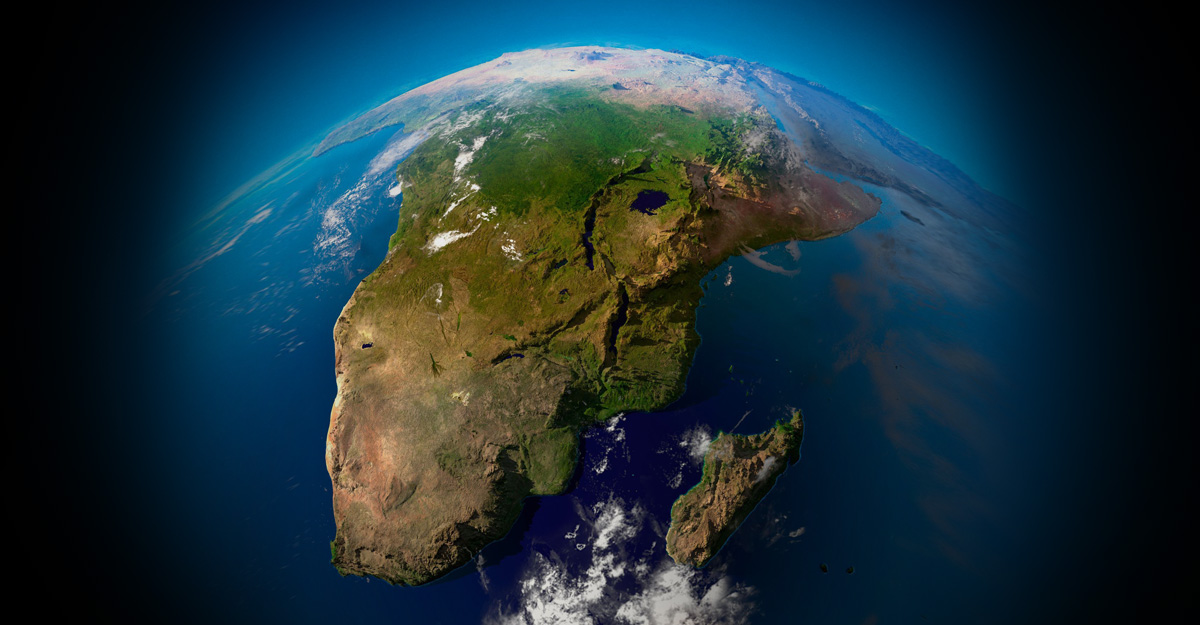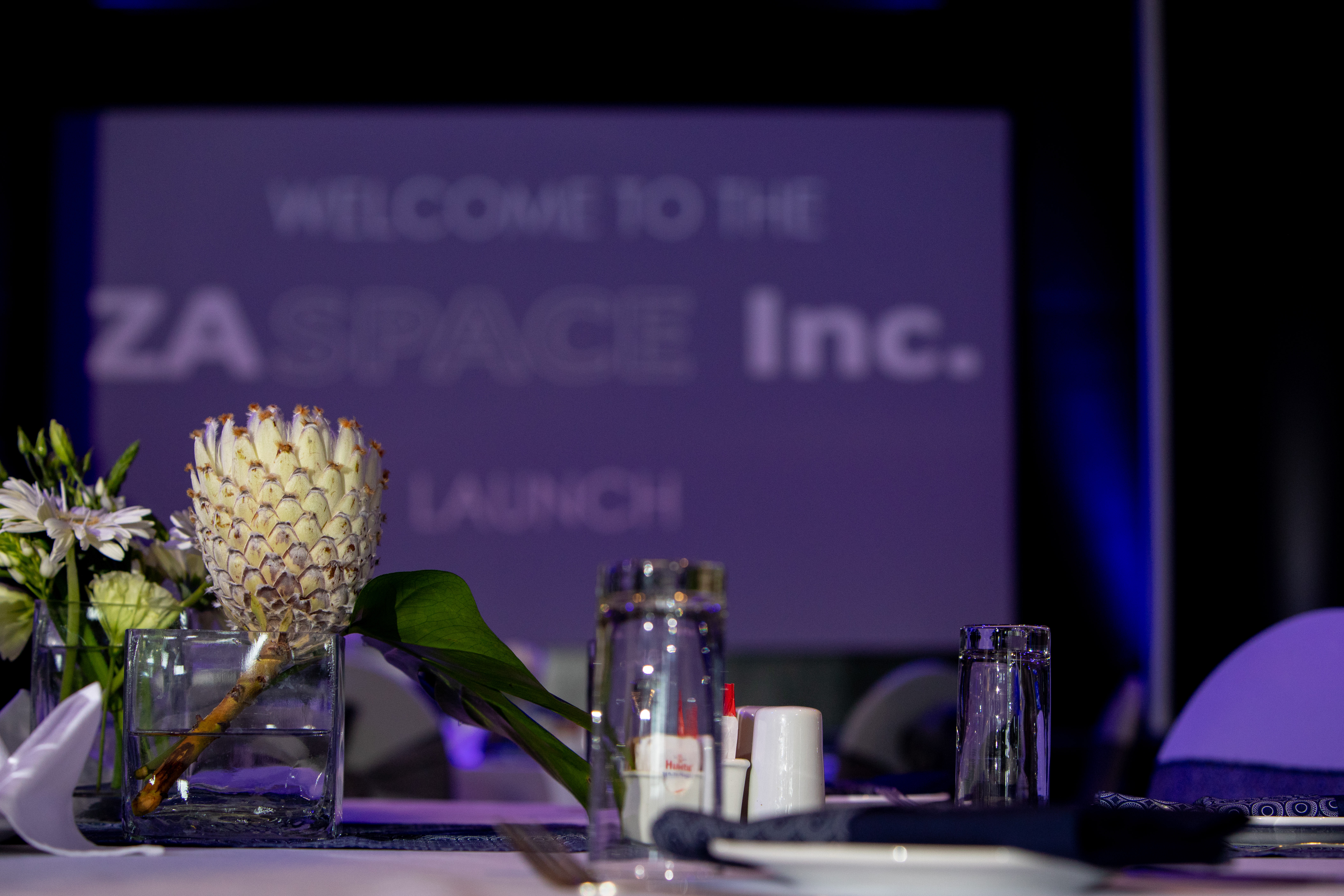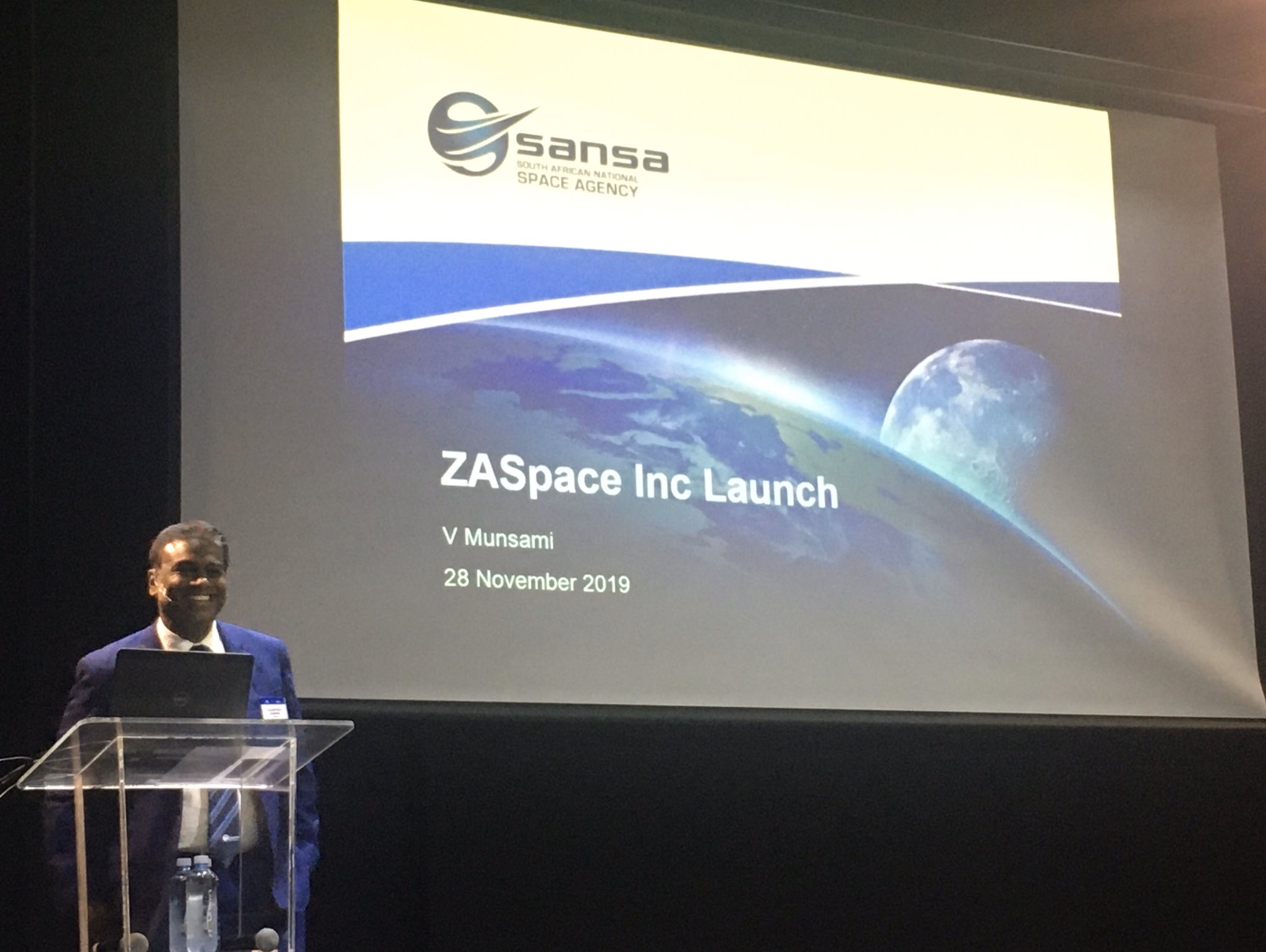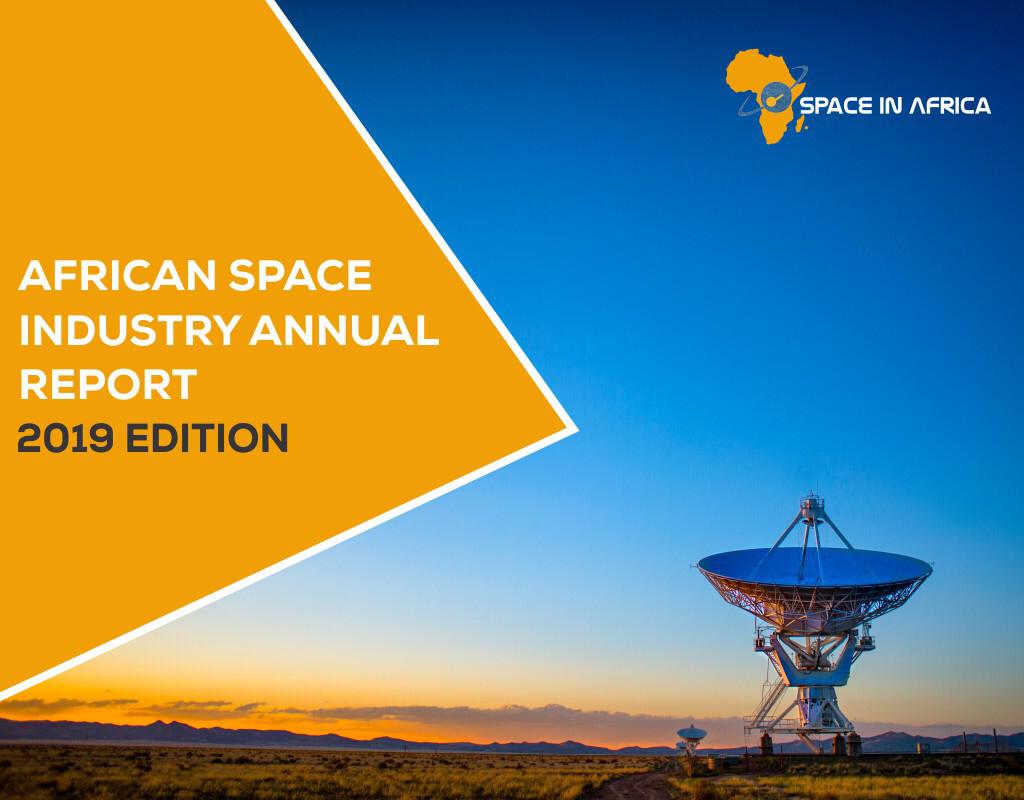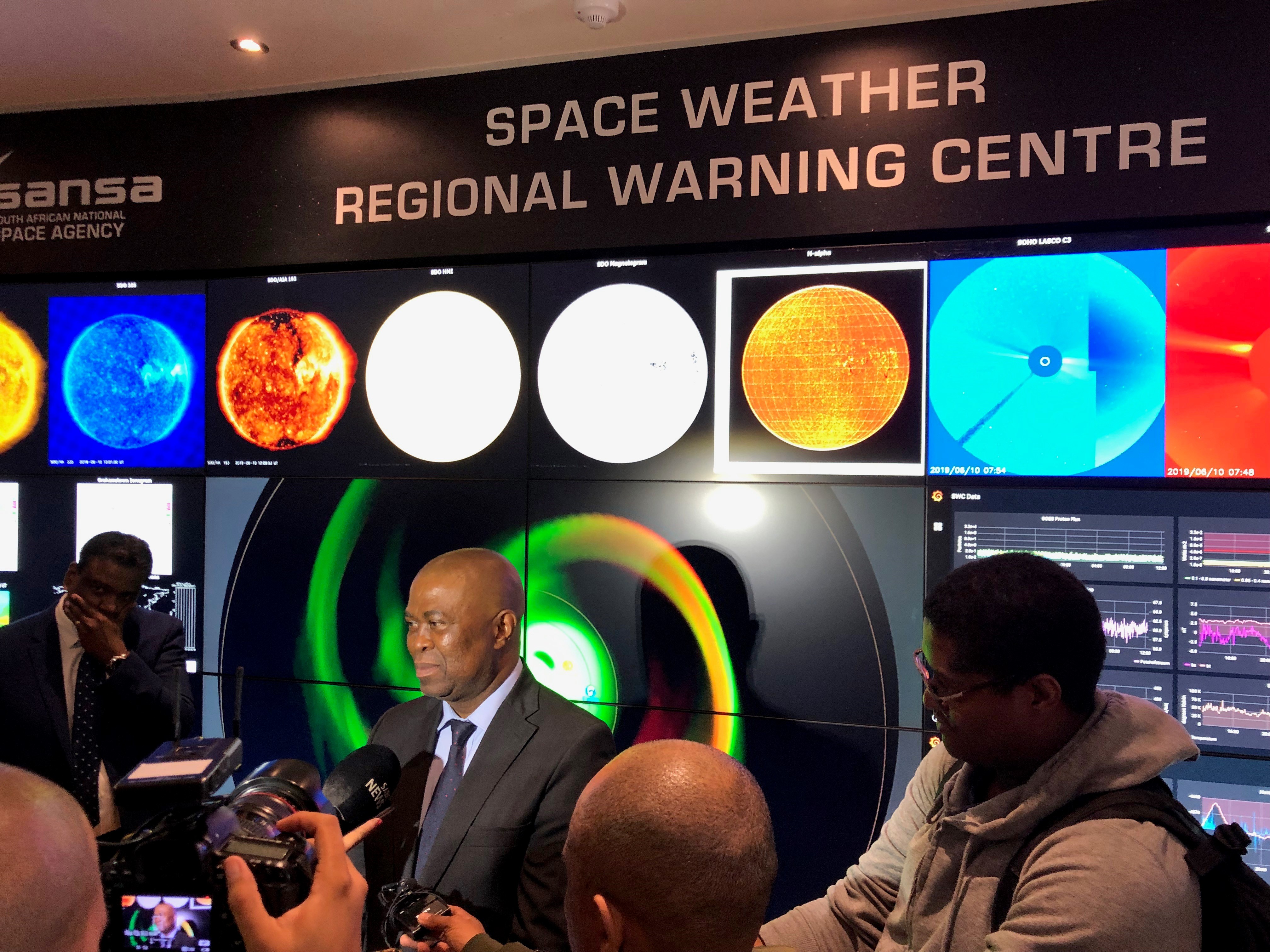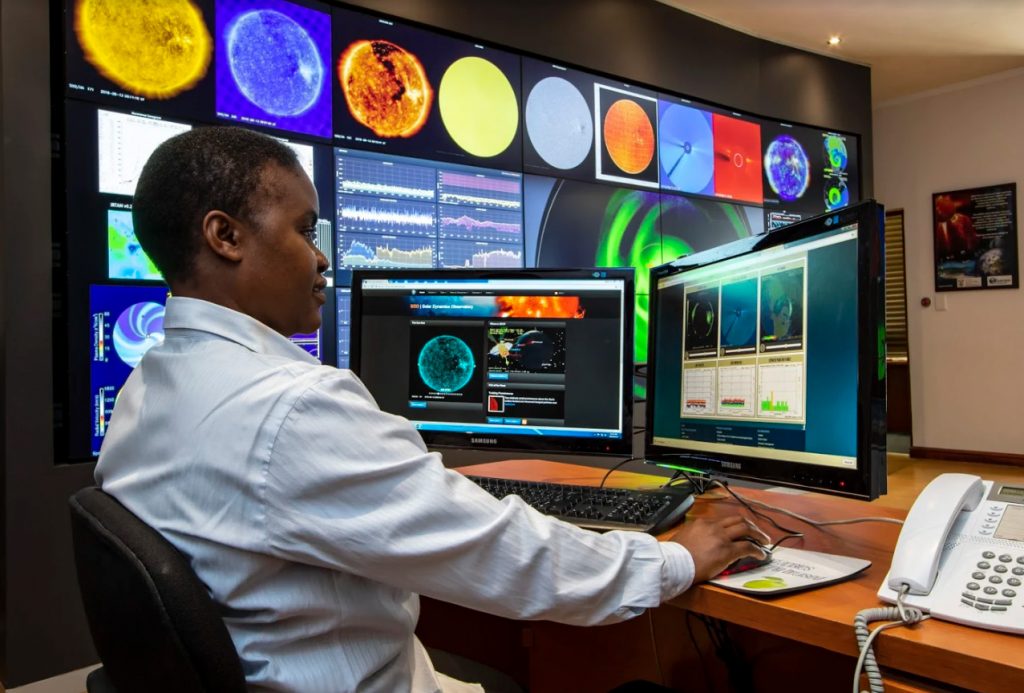The COVID-19 pandemic has been described as the greatest challenge that the world has faced since the second world war. Its impact, in terms of both loss of life and reduced economic growth, has been devastating. South Africa, although at an early stage of the pandemic, is entering uncharted territory with increasing rates of infection. A key factor in the fight against the pandemic is the rapid availability of appropriate information in the hands of key decision makers.
[caption id="attachment_5718" align="alignleft" width="504"]

Gauteng informal settlements[/caption]
The South African National Space Agency (SANSA), through its twin mandates to acquire, disseminate and distribute space based data and information for decision making, as well as coordinating the South African Space Sector, is aligning itself and the South African Space Sector’s capabilities and capacities towards the fight against COVID -19. The objective is to provide decision makers with relevant space derived spatial information and tools to support evidence based decision making in their efforts at implementing a national response to mitigate the COVID-19 pandemic.
 Gauteng informal settlements[/caption]
The South African National Space Agency (SANSA), through its twin mandates to acquire, disseminate and distribute space based data and information for decision making, as well as coordinating the South African Space Sector, is aligning itself and the South African Space Sector’s capabilities and capacities towards the fight against COVID -19. The objective is to provide decision makers with relevant space derived spatial information and tools to support evidence based decision making in their efforts at implementing a national response to mitigate the COVID-19 pandemic.
Gauteng informal settlements[/caption]
The South African National Space Agency (SANSA), through its twin mandates to acquire, disseminate and distribute space based data and information for decision making, as well as coordinating the South African Space Sector, is aligning itself and the South African Space Sector’s capabilities and capacities towards the fight against COVID -19. The objective is to provide decision makers with relevant space derived spatial information and tools to support evidence based decision making in their efforts at implementing a national response to mitigate the COVID-19 pandemic.




